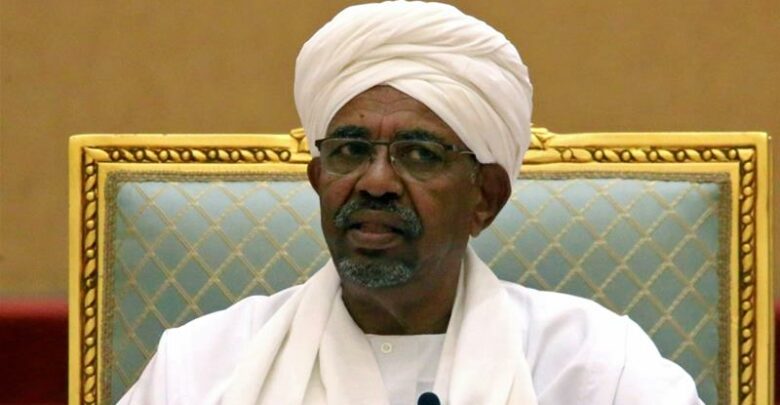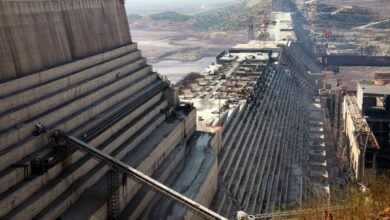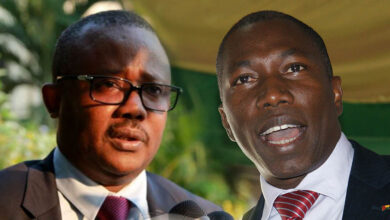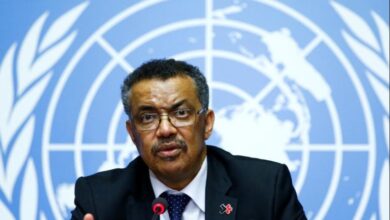World
Sudan: Ex-President Omar Al-Bashir Admits Receiving Money From Saudi Prince

A Sudanese court on Saturday formally indicted Sudan’s ex-President Omar al-Bashir for possessing illicit weapons, foreign currency, and corruption reported Bloomberg. Bashir, who served as the President of Sudan for nearly three decades, was ousted by a military coup in April following mass public protests against his authoritarian rule.
Notably, millions of U.S. dollars, euros and Sudanese pounds were seized at Bashir’s home shortly after his ouster. He was also charged in May with incitement and involvement in the killing of protesters.
Judge Al-Sadiq Abdelrahman said 6.9 million euros, $351,770 and 5.7 million Sudanese pounds were seized from Bashir’s home which he acquired and used illegally.
Bashir also admitted that he received $25 million from Saudi Arabia Crown Prince Mohammed Bin Salman through his office manager.
“My office manager … received a call from the office of Saudi Crown Prince Mohammed bin Salman saying he has a ‘message’ that will be sent on a private jet,” the ex-Sudanese President said while sitting in a metal cage in the court in Sudan’s capital, Khartoum.
“We were told that the crown prince did not want his name to appear [linked to the transaction] … and if the funds were deposited with Sudan’s bank or the finance ministry, the source would have to be identified,” he said.
Although Al-Bashir admitted receiving the money, he said the funds were not used for his own benefit but as donations.
Al-Bashir’s lawyer said that his client denied the charges against him and that witnesses for the defense would be presented at the next hearing.
The judge said illegal wealth acquisition was punishable by up to 10 years in jail, while illicit use of foreign funds carried up to three years. He denied a request for bail and said a decision on the duration of al-Bashir’s detention would be taken at a hearing on September 7.






